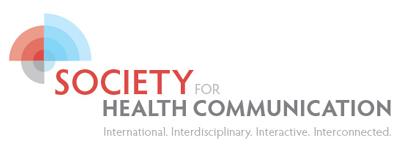Health Communication Resources for the Coronavirus (COVID-19) Response
On this page:
Communicating about the Coronavirus
As the coronavirus pandemic continues, people are worried, scared, and confused. They’re constantly seeing and hearing information that’s complicated and full of jargon. This information can be hard to understand — especially for people with limited health literacy skills.
As health communication professionals, we can help. Our job isn’t just to give people information but also to help them understand it. That’s always true, and it’s even more important in times of crisis — like now.
When you’re communicating with your audiences about COVID-19, follow these tips:
- Use plain language. Choose words that are familiar to your audience. Avoid jargon whenever you can, and define it when you can’t.
- Keep it simple. Think about what people need to know. Put the most important information first, and keep your content direct and to the point.
- Provide action steps. No one likes to feel helpless. Give people specific actions they can take to help keep themselves and others healthy.
- Be accurate and honest. Use credible sources, and double-check your information. Providing misinformation will jeopardize your audience’s trust in you. Likewise, be honest — including about the unknowns.
- Express empathy. Acknowledge people’s feelings and the challenges they’re facing. This will help you build rapport and strengthen trust.
- Stay positive. People prefer a positive tone. But staying positive doesn’t mean minimizing what’s going on in the world. Instead, it means emphasizing the benefits of taking action.
Resources for the Response
Check out these resources to help you communicate with your audiences about the coronavirus:
Actionable Tips
Addressing Myths & Misinformation
Plain Language Definitions for Technical Terms
Crisis Communication
Resources from Members
- How Right Now - An initiative that aims to address people’s feelings of grief, loss, and worry during the COVID-19 pandemic
- UT Center for Health Communication - Twitter thread of resources
- Why Public Health Matters storytelling project to collect stories from the field during the pandemic
- Coronavirus/COVI-19 Frequently Asked Questions created by the American Institutes for Research
- Journal of Health Communication - JCH Impact Blog
- Evoke KYNE is a co-founder of the Pandemic Action Network, a global advocacy initiative that serves to drive collective action to help bring an end to COVID-19 and ensure the world is prepared for the next pandemic. Under the banner of “For Humankind”, its first digital communications campaign is #MaskingForAFriend. Learn more at https://pandemicactionnetwork.org/
|
